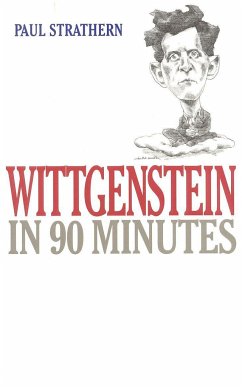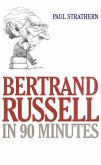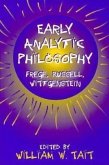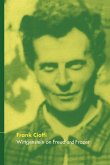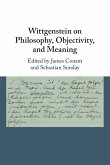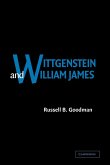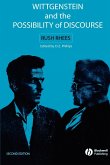"If we accept Wittgenstein's word for it", Paul Strathern writes, "he is the last philosopher. In his view, philosophy in the traditional sense was finished". Ludwig Wittgenstein was a superb logician who distrusted language and sought to solve the problems of philosophy by reducing them to logic. All else - metaphysics, aesthetics, ethics, finally even philosophy itself - was excluded. They were all wrong, he argued. "What we cannot speak about", he declared, "we must pass over in silence". In Wittgenstein in 90 Minutes, Paul Strathern offers a concise, expert account of Wittgenstein's life and ideas, and explains their influence on man's struggle to understand his existence in the world. The book also includes selections from Wittgenstein's work; a brief list of suggested reading for those who wish to push further; and chronologies that place Wittgenstein within his own age and in the broader scheme of philosophy.
Bitte wählen Sie Ihr Anliegen aus.
Rechnungen
Retourenschein anfordern
Bestellstatus
Storno

